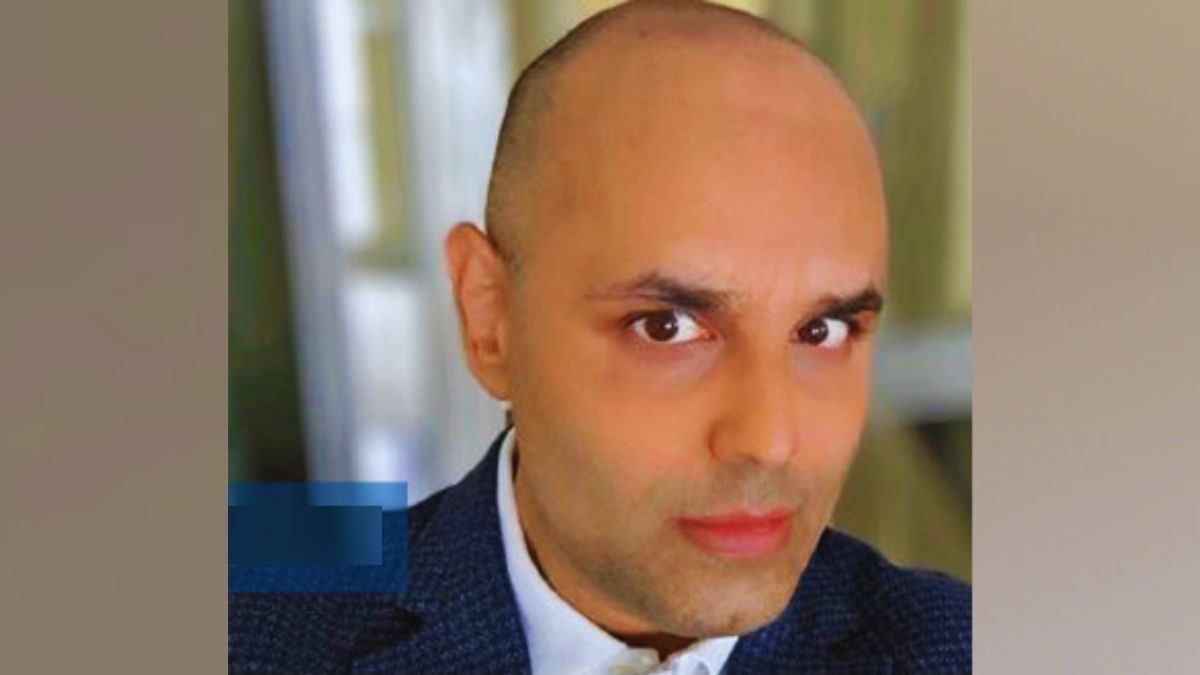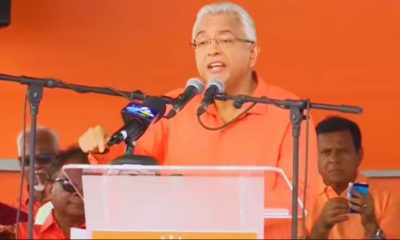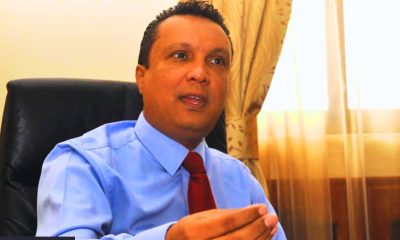Economist Sameer Sharma has raised concerns about the financial state of Mauritius, stating that the country is facing a dire situation with no savings and excessive debt.
Sharma, a former Chief of the Reserves Management Division of the Bank of Mauritius and currently a Senior Director in Data Science at a major global bank in the US, shared his insights with l’Express following the release of a report summary by the International Monetary Fund (IMF).
The IMF report highlighted that Mauritius had finally surpassed its 2019 real GDP level in 2023, but Sharma emphasized that the country’s slow recovery despite substantial fiscal and monetary stimulus indicates a concerning situation.
He noted that Mauritius had one of the top quartile stimulus spends globally but took a long time to reach pre-pandemic economic levels, with ongoing recovery in sectors like tourism.
Sharma projected a growth slowdown post-2025, aligning with the IMF’s forecasts of a potential growth rate of 3% to 3.5% annually.
Sharma flagged issues regarding Mauritius’ fiscal stance and monetary policy framework, citing the IMF’s concerns about an over-accommodative fiscal policy leading to a primary fiscal deficit and inadequate international reserves compared to external liabilities.
He highlighted discrepancies between official statistics and actual economic conditions, raising doubts about inflation calculations and GDP deflators.
The dearth of accurate economic data and questionable accounting practices were a point of contention for Sharma, who expressed skepticism about the reliability of official figures in representing the true state of the economy.
He criticized the lack of transparency in reporting and accounting practices, which could mislead investors and policymakers.
Regarding the country’s forex shortage, Sharma warned that the IMF reserves adequacy metric was at its minimum threshold in December 2022, indicating weak external buffers.
He criticized the Central Bank’s under-capitalization and unorthodox accounting methods, emphasizing the adverse impacts on the Rupee’s value and foreign exchange liquidity.
Sharma cautioned that Mauritius was vulnerable to external shocks due to its precarious financial position, likening the country’s situation to other troubled economies like Greece, Lebanon, and Sri Lanka.
He stressed the urgent need for fiscal consolidation, enhanced monetary policy, and robust external buffers to avert a potential economic crisis.
As Mauritius gears up for another budget before the upcoming general election, Sharma cautioned against populist spending and urged the government to prioritize rebuilding financial reserves and addressing fundamental economic weaknesses.
He expressed skepticism about the government’s ability to implement necessary reforms in an election year, emphasizing the critical need for proactive measures to safeguard the country’s economic stability.
Source: l’Express












